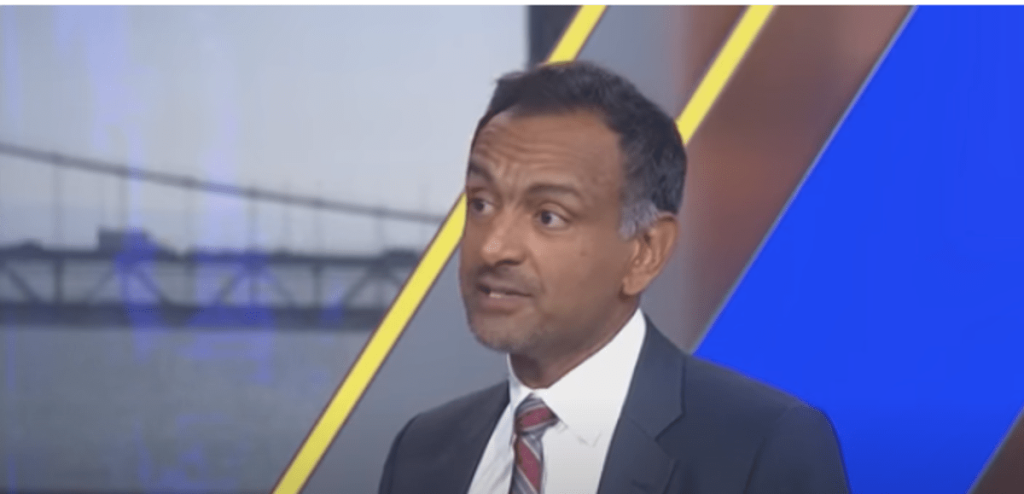Coinbase legal chief Paul Grewal urged Congress to swiftly enact stablecoin legislation to counter illicit use of crypto. Grewal emphasized the importance of locating dollar-denominated stablecoins in the US to benefit the American financial system. He highlighted issues that could be resolved through legislation, not politics, such as reserve management rules and redemption rights. Grewal’s plea came ahead of a Senate Banking trial on countering illicit finance, terrorism, and sanctions evasion, prompted by concerns raised by Deputy Secretary Wally Adeyemo about the use of cryptocurrencies by terrorists to finance illicit operations globally.
Adeyemo’s written testimony cited instances of terrorist groups like al-Qaeda using Bitcoin to fund violent crimes, such as a money laundering network operated from Syria through social media platforms. The Islamic Revolution Guard Corps-Quds Force was also mentioned for transferring digital assets to Hamas and the Palestinian Islamic Jihad in Gaza. Adeyemo stressed the need to build an enforcement regime and reforms to prevent further use of crypto by terrorist groups. He proposed introducing secondary sanctions to target digital asset providers facilitating illicit finance and expanding regulatory coverage to include virtual asset service providers (VASPs).
In response to these concerns, Senator Elizabeth Warren and over 100 lawmakers have called for stablecoin regulation to curb illicit crypto activity. Warren has written a letter to the Treasury and penned a Wall Street Journal op-ed warning of the dangers of “crypto-financed terrorism” to America and its citizens. Chainalysis data shows stablecoins were the preferred method of transacting for criminals in 2023. Adeyemo’s testimony highlighted how terrorists use cryptocurrencies to maintain anonymity, allowing them to navigate traditional finance structures easily.
Grewal’s plea for stablecoin legislation aligns with efforts to address the growing concerns around the use of crypto by illicit actors, including terrorist groups. Adeyemo’s testimony underscores the vulnerabilities in the current regulatory framework that allow such groups to exploit digital assets for illicit activities. The proposed reforms, such as secondary sanctions and expanded regulatory coverage, aim to strengthen enforcement against illicit finance in the cryptocurrency ecosystem. Congressional action on stablecoin regulation could be instrumental in mitigating the risks associated with crypto-financed terrorism and enhancing national security interests. The collaboration between lawmakers, industry leaders, and regulatory authorities signals a collective effort to address the challenges posed by illicit crypto activity.


